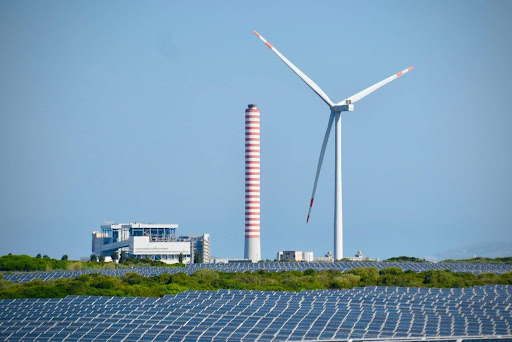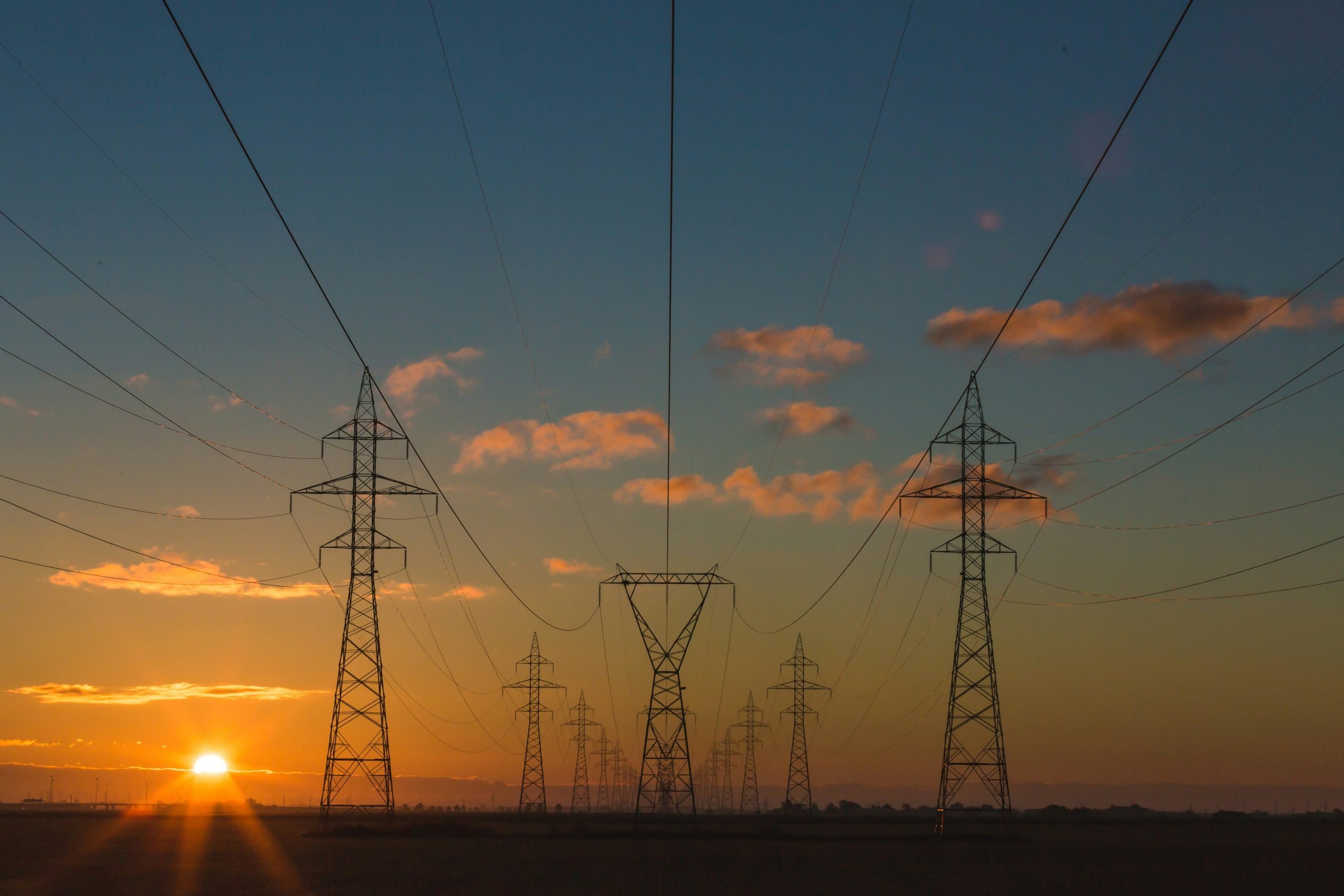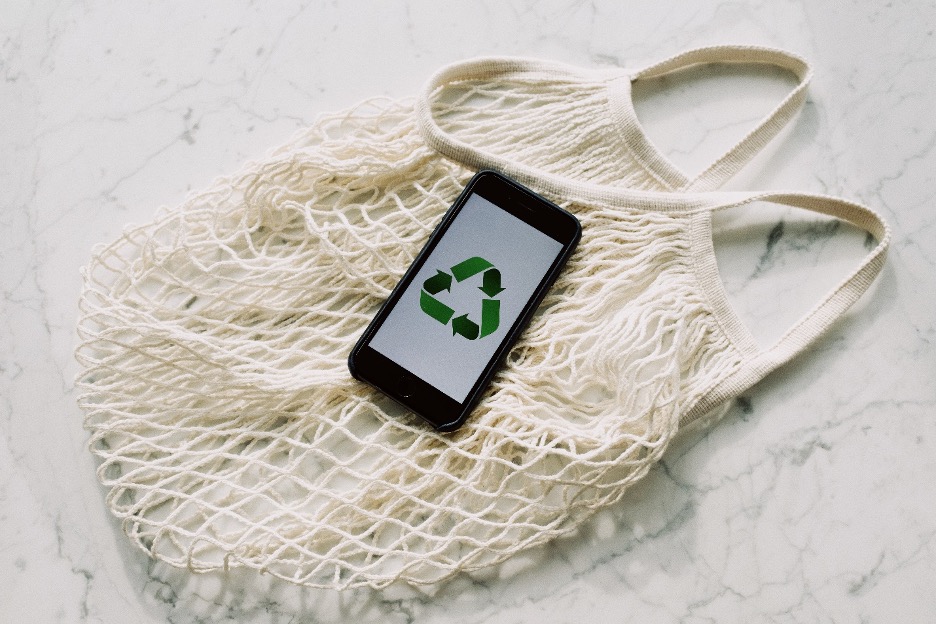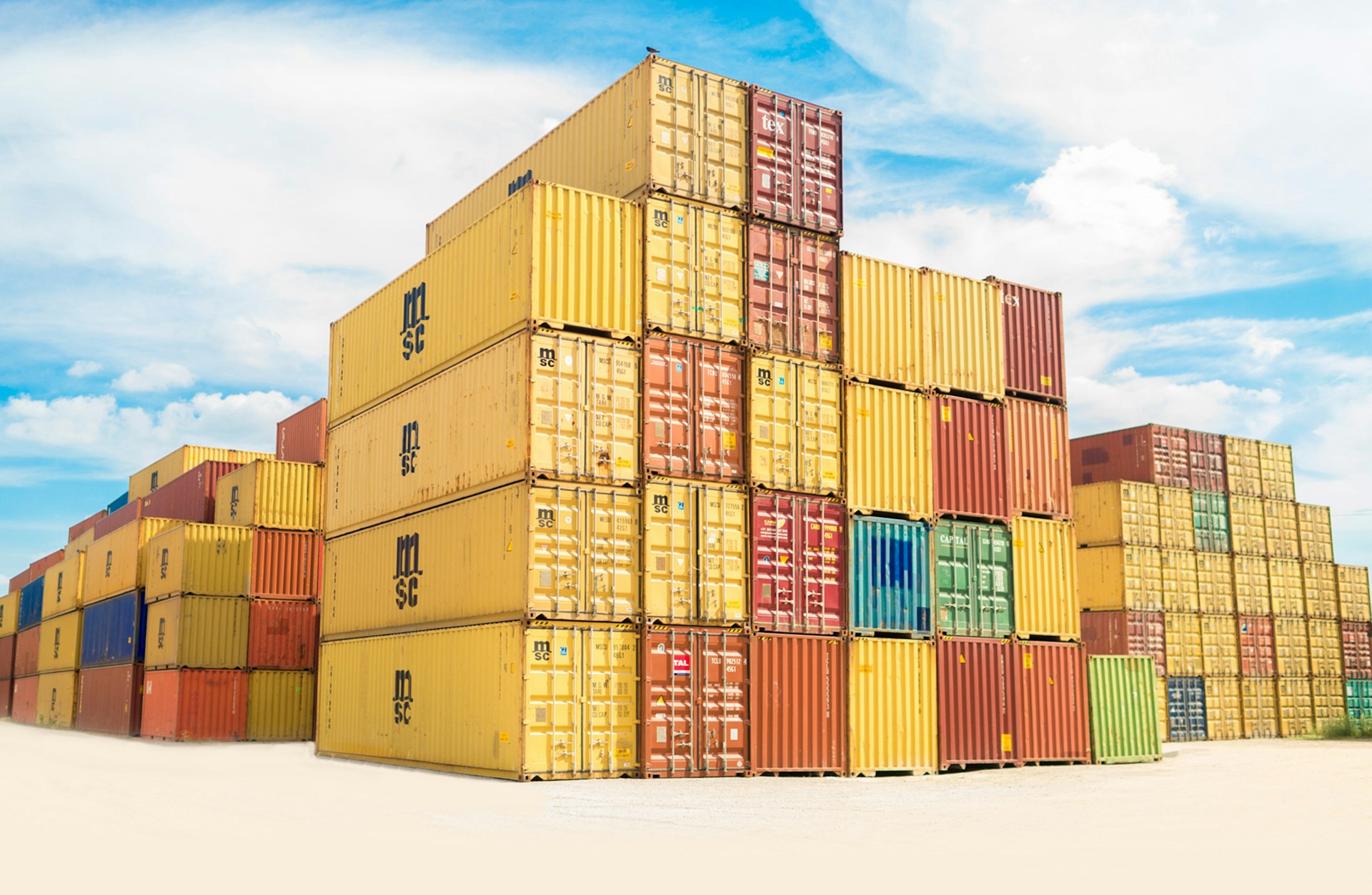
Our journey towards a sustainable future and decarbonization has evolved into an imperative, and the actions of corporations worldwide are at the forefront of this transformation.
Today, we shine a spotlight on ICL Group, Pepsico, and Cargill—industry titans in their respective fields. They vividly demonstrate that sustainability and strategic business operations are not just compatible but intricately interwoven facets of modern enterprises.
This isn’t a mere narrative of environmental responsibility; it’s a tangible showcase of proactive measures, solutions, and strategies that these corporations are diligently adopting. They’re navigating a path to decarbonization; sustaining for the future.
Innovators Leading the Way in Sustaining the Future
#1. ICL Group (NYSE:ICL): Pioneering Clean Energy Solutions
ICL Group, an innovative global specialty minerals company, and one of the largest fertilizer manufacturers in the world, stands at the forefront of corporate commitment to sustainability and clean energy innovation. ICL Group’s Green Sdom project, is a remarkable testament to their ambition and dedication to making a substantial impact in the battle against climate change.
The Green Sdom project aims to mitigate approximately 1 million tons of carbon emissions originating from the Dead Sea’s Sdom site. ICL harnesses local solar power and employs diverse energy storage solutions, including batteries and thermal mechanisms. They are also evaluating hydrogen technology and establishing an independent energy microgrid for increased resilience and reduced emissions.
Beyond energy production, ICL champions eco-friendly products with a strong focus on electric transportation and energy-efficient housing. ICL’s sustainability commitment extends to transitioning to renewable and zero-carbon electricity sources across their global sites. They have achieved substantial milestones by acquiring renewable electricity to power their facilities in Europe, the United States, and Israel.
This accomplishment has led to a noteworthy decrease in emissions. Furthermore, their ACE (Accelerated Continuous Excellence) energy efficiency program has demonstrated a dual benefit of reducing energy expenses and curtailing energy consumption. These efforts align with their overarching objective of forging a sustainable, low-carbon future.
ICL’s holistic approach to sustainability serves as a beacon for businesses worldwide, demonstrating that environmental responsibility can be integrated seamlessly into corporate practices while fostering a cleaner, greener future for all.
#2. Pepsico (NYSE:PEP): Commitment to Sustainability
Pepsico is another beacon of sustainability in the corporate world. Their initiatives include the reduction of carbon emissions, significant investments in renewable energy sources such as solar and wind power, and a commitment to displaying corporate responsibility by making a positive environmental impact.
Pepsico’s dedication to sustainability goes beyond setting net-zero goals; it’s about taking concrete actions to reduce greenhouse gas (GHG) emissions throughout their vast supply chain. Recognizing that a significant portion of emissions, lie beyond their direct control, Pepsico has undertaken a comprehensive strategy to engage partners and drive tangible progress in sustaining for the future.
The PepsiCo Positive (pep+) initiative was born out of the global climate crisis, setting a challenging target to achieve net-zero emissions by 2040. This initiative has elevated Pepsico’s supplier relationships to unprecedented levels of collaboration. With a strong focus on agriculture, Pepsico acknowledges the impact of climate change on crops and farmers, underlining the need for a clear strategy to manage their climate impact and ensure future resilience.
Internally, Pepsico is embedding net-zero thinking by incentivizing emissions reductions for top executives and working to accurately quantify Scope 3 emissions. In their diverse value chain, Pepsico understands that a one-size-fits-all approach won’t work. They highlight three essential factors – clear expectations, economic insights, and enabling resources – as the key foundation for driving sustainable change across their extensive supplier network.
Pepsico’s holistic approach to sustainability and its unwavering commitment to collaboration set a compelling example for businesses worldwide. By addressing emissions beyond their operational control, incentivizing emissions reductions, and providing the tools and resources for transformation, Pepsico is leading the way towards a more sustainable future for all.
#3. Cargill: Sustainable Practices in Agriculture
Cargill, a renowned leader in the field of agriculture on a global scale, is firmly dedicated to addressing two pivotal challenges: the sustainable augmentation of food production and decarbonizing both the agricultural and transportation sectors. These sectors collectively contribute significantly to global emissions
They begin their journey at the source – the farm, where they support the transition to regenerative agriculture. Cargill’s goal is to make regenerative practices commonplace in their global supply chains, partnering closely with farmers to ensure an economically viable shift towards sustainable agriculture.
Recognizing the significance of ocean transportation in global food distribution, Cargill is actively working to pioneer zero-carbon shipping initiatives. They invest in cutting-edge technologies and fuels to reduce their fleet’s carbon intensity, demonstrating leadership in the maritime industry’s sustainability efforts.
Furthermore, Cargill addresses a significant part of the food system’s carbon emissions by advocating for alternative, cleaner fuel sources in transportation. They offer various feedstocks to support renewable energy, including biomass-based biodiesel, renewable diesel, and waste-based solutions.
Cargill’s commitment to sustainability encompasses the entire supply chain, making strides toward a more sustainable and decarbonized future for the world’s food and transportation systems.
Conclusion
In the battle for sustaining the future, the efforts of ICL Group, Pepsico, and Cargill stand as beacons of corporate commitment to decarbonization. These companies showcase innovative initiatives, collaborative approaches, and holistic sustainability strategies that serve as models for businesses worldwide.
Their dedication not only demonstrates a profound responsibility towards our environment but also paves the way from recognizing the imperative need for sustainability to making it a reality on a global scale. These success stories highlight the integration of sustainability into strategic business operations, setting a new standard for a greener and more sustainable future that all companies can aspire to achieve.
Interesting Related Article: “Sustainability Unleashed: Exploring New-age Business Models“









